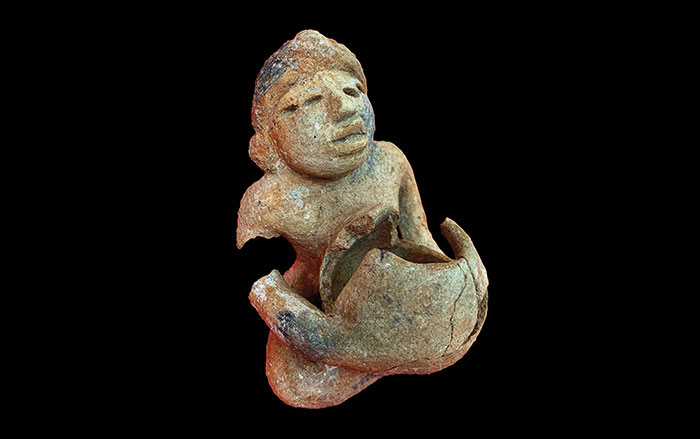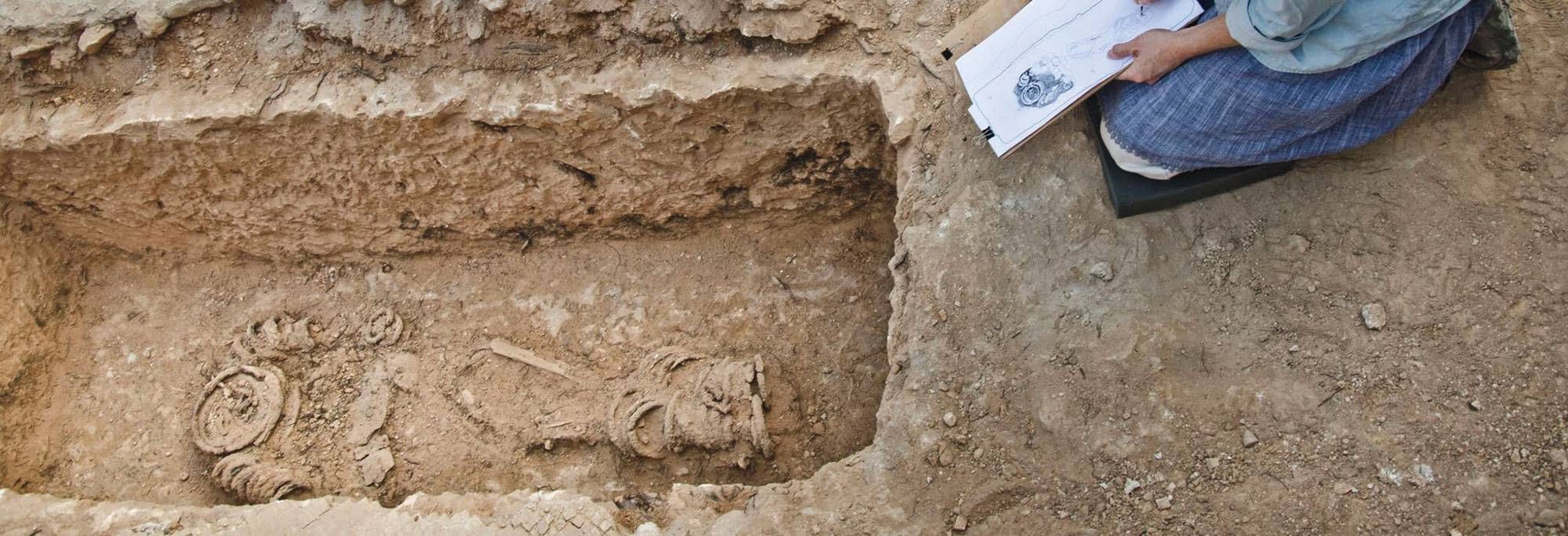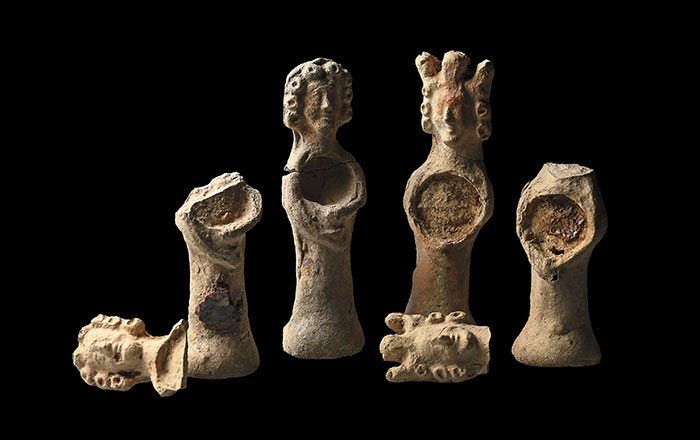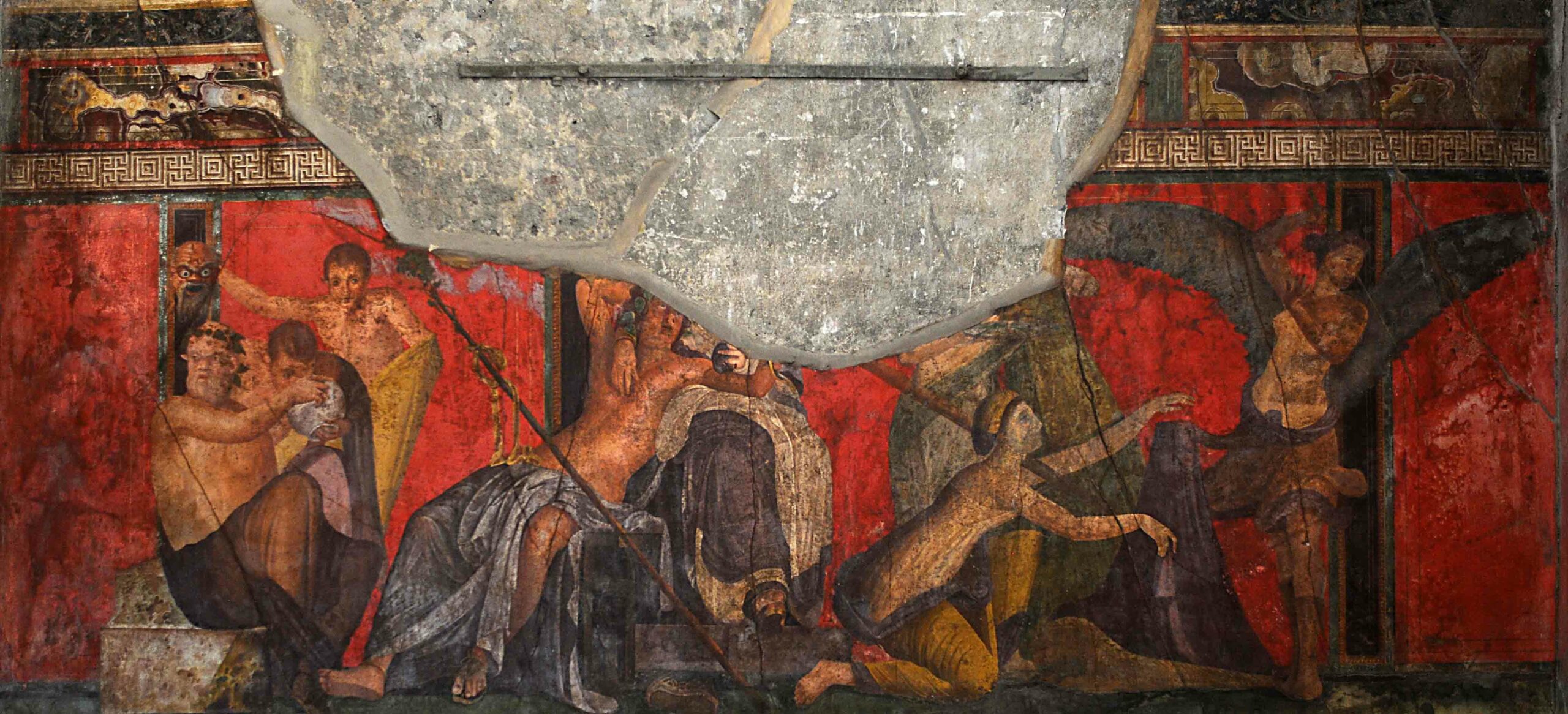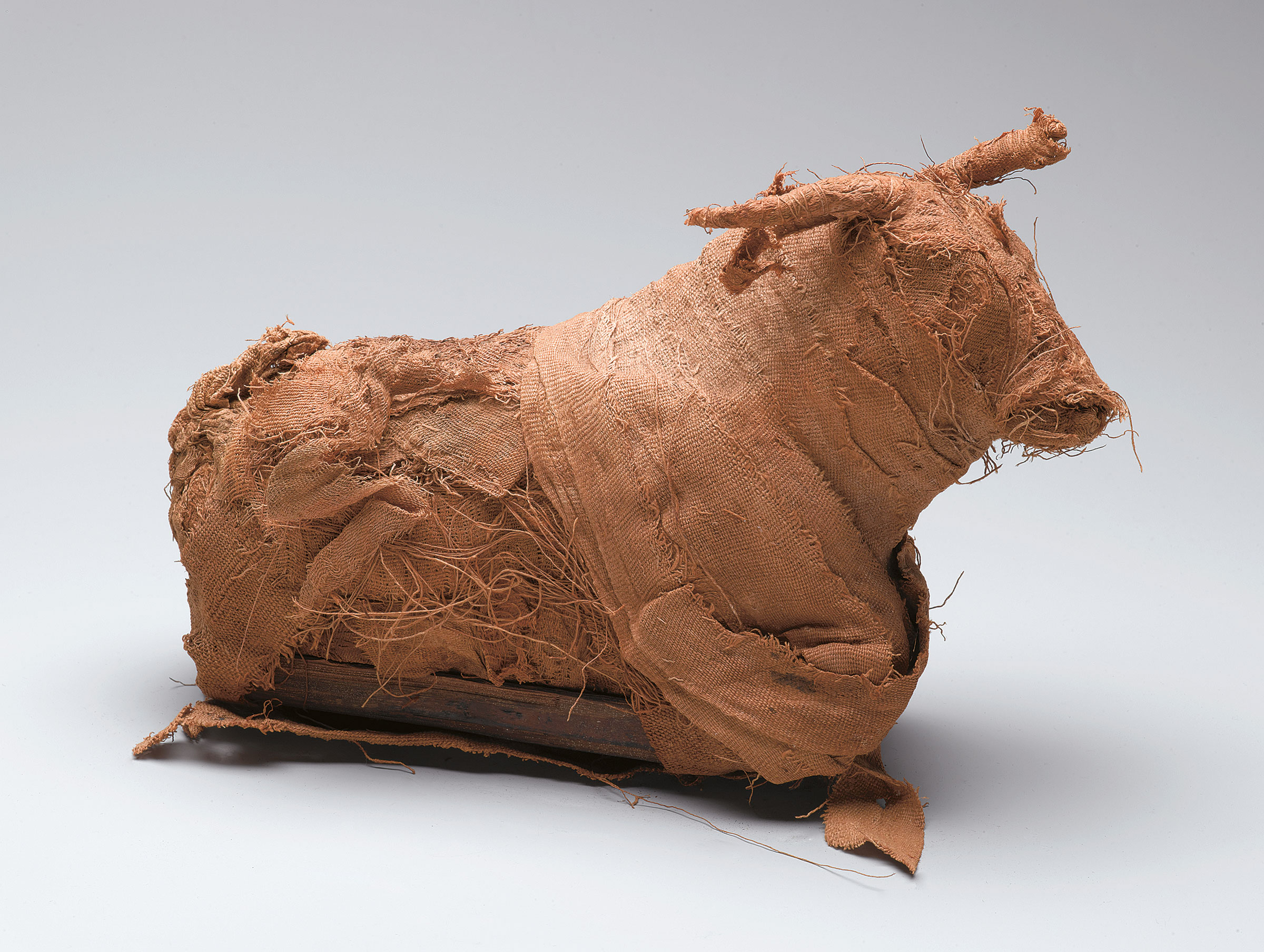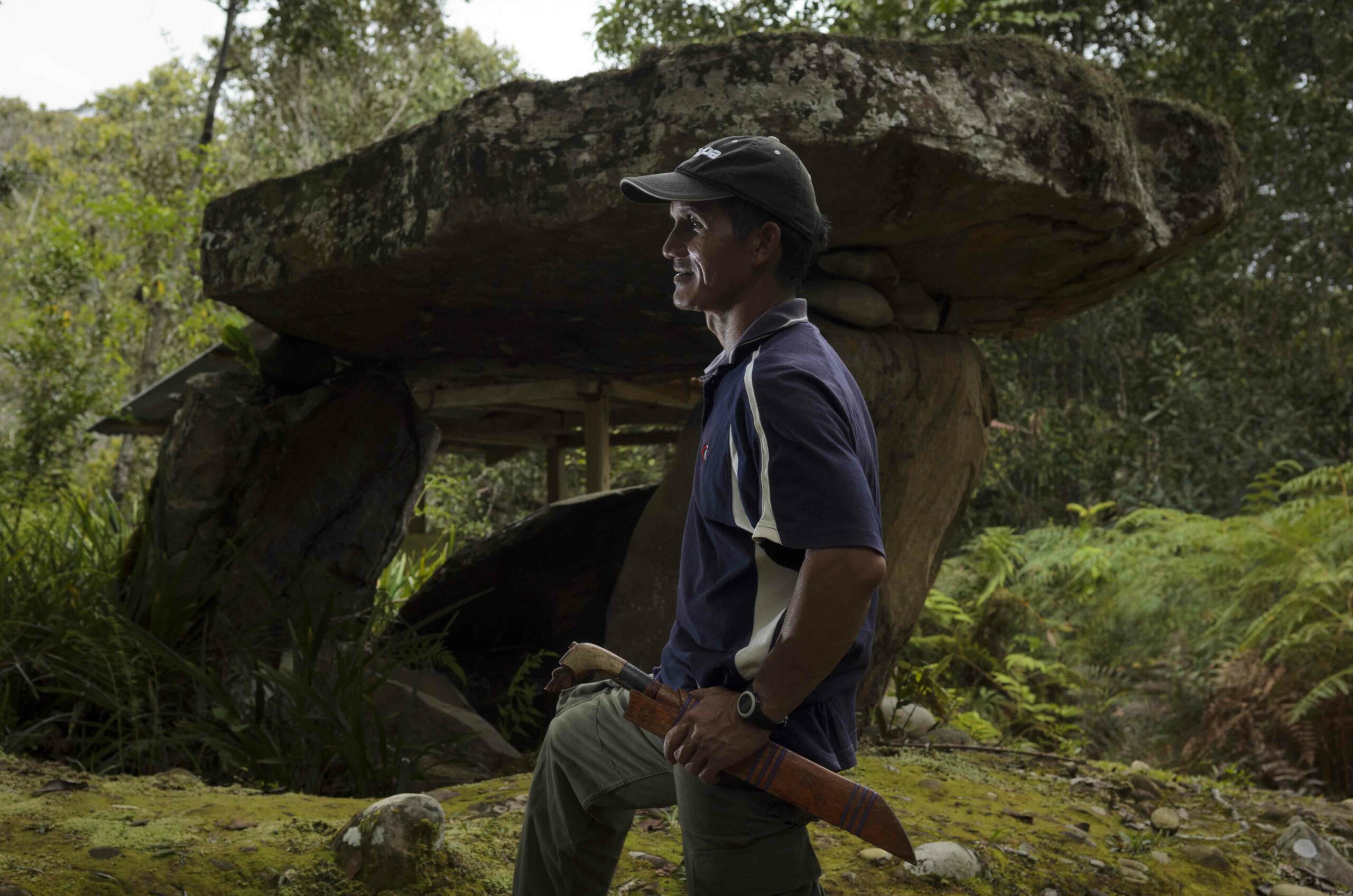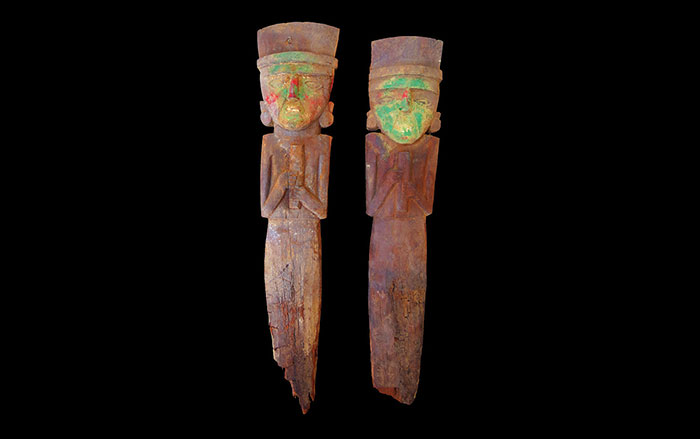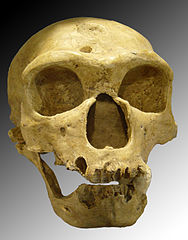
LEIPZIG, GERMANY—Analysis of mutations in three Neanderthal genomes by Svante Pääbo of the Max Planck Institute for Evolutionary Anthropology suggests that these human relatives lived in smaller, more isolated groups, and were less genetically diverse, than modern humans. Pääbo and his team also note that skeleton genes within the Neanderthal lineage changed more than they would have expected. “For example, genes that affect the curvature of the spine have changed in Neanderthals. This fits with how their skeletons have changed quite drastically during their evolution,” he explained to Live Science. The modern human lineage has more changes in the genes involved with pigmentation and behavior, although it is not fully understood how the mutations affect behavior.


